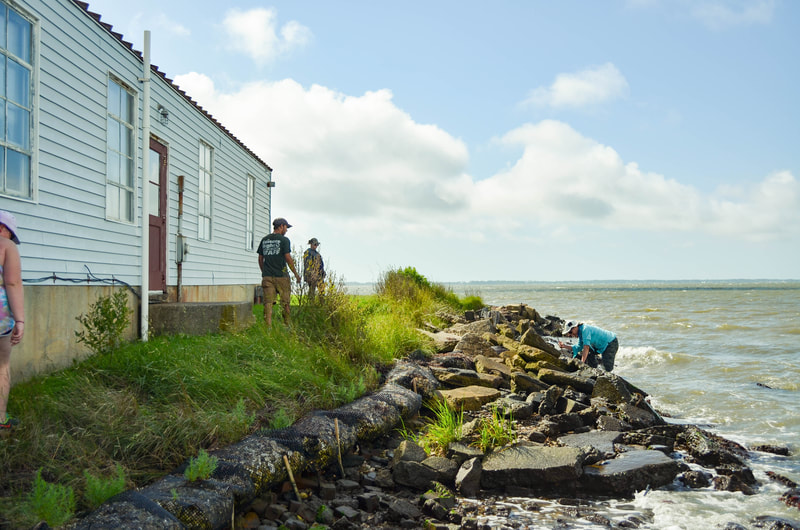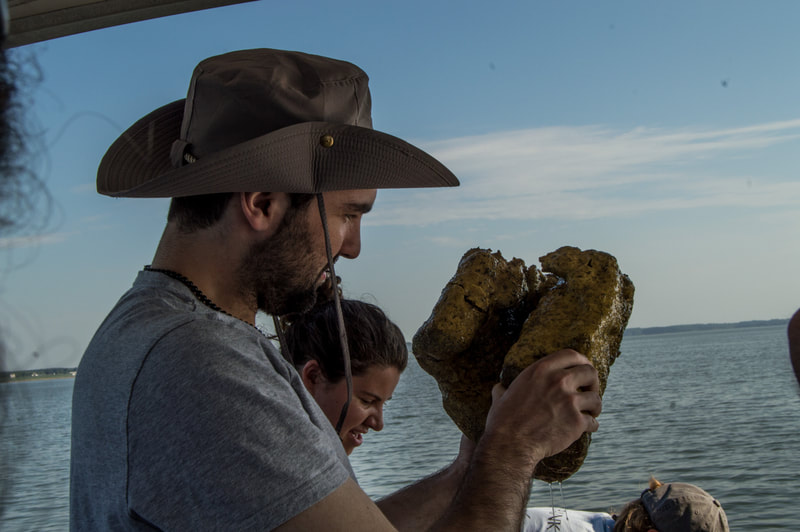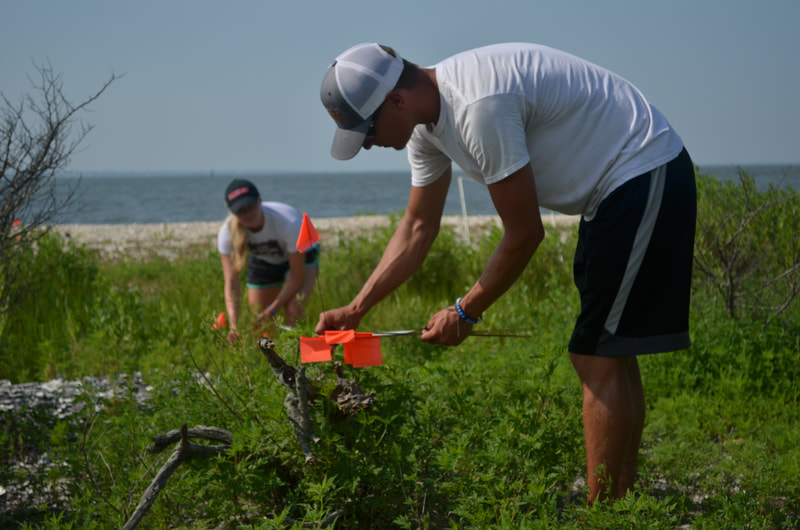MARINE ECOLOGY - BIOM 460
Dr. JAMES HUNT - EAST STROUDSBURG UNIVERSITY
Course Description:
Marine ecology is a sub-discipline of marine science that investigates the relationship of organisms and their environment. As such, it requires a comprehensive review of many areas of marine biology as well as physical and chemical oceanography. The focus of this course is on field methods and quantitative data analysis. Though calculators are permitted, students will be expected to understand how to apply mathematical tools to datasets, how to approach a variety of questions in ecology, and begin to appreciate the creative process that is at the core of all scientific inquiry.
By the end of this course, you should be able to: 1) identify the major ecological systems in the oceans and define the unique characteristics for survival and the dominant organisms found in each, 2) use a variety of field and lab methods (including biodiversity indices) to analyze ecological questions and 3) have an increased understanding and appreciation for the intricacies of oceanic ecology.
Marketable Skills Gained from This Course:
Approximate Amount of Course Time Spent in Field:
50%
Prerequisites:
One year of biology courses with labs (e.g. freshmen biology I & II)
Required Textbook or Supplies:
To be determined
Number of Students:
6-14
2024 Chincoteague Bay Field Station Fee*:
3 week course; housing and meals included
Salicornia; $1,794
Traditional; $1,644
Fees are subject to change at the discretion of the board of directors
* Does not include university tuition or fees. For specific policy on CBFS fees, click HERE.
Marine ecology is a sub-discipline of marine science that investigates the relationship of organisms and their environment. As such, it requires a comprehensive review of many areas of marine biology as well as physical and chemical oceanography. The focus of this course is on field methods and quantitative data analysis. Though calculators are permitted, students will be expected to understand how to apply mathematical tools to datasets, how to approach a variety of questions in ecology, and begin to appreciate the creative process that is at the core of all scientific inquiry.
By the end of this course, you should be able to: 1) identify the major ecological systems in the oceans and define the unique characteristics for survival and the dominant organisms found in each, 2) use a variety of field and lab methods (including biodiversity indices) to analyze ecological questions and 3) have an increased understanding and appreciation for the intricacies of oceanic ecology.
Marketable Skills Gained from This Course:
- Biodiversity survey techniques
- Field data collection
- Field statistics
Approximate Amount of Course Time Spent in Field:
50%
Prerequisites:
One year of biology courses with labs (e.g. freshmen biology I & II)
Required Textbook or Supplies:
To be determined
Number of Students:
6-14
2024 Chincoteague Bay Field Station Fee*:
3 week course; housing and meals included
Salicornia; $1,794
Traditional; $1,644
Fees are subject to change at the discretion of the board of directors
* Does not include university tuition or fees. For specific policy on CBFS fees, click HERE.




